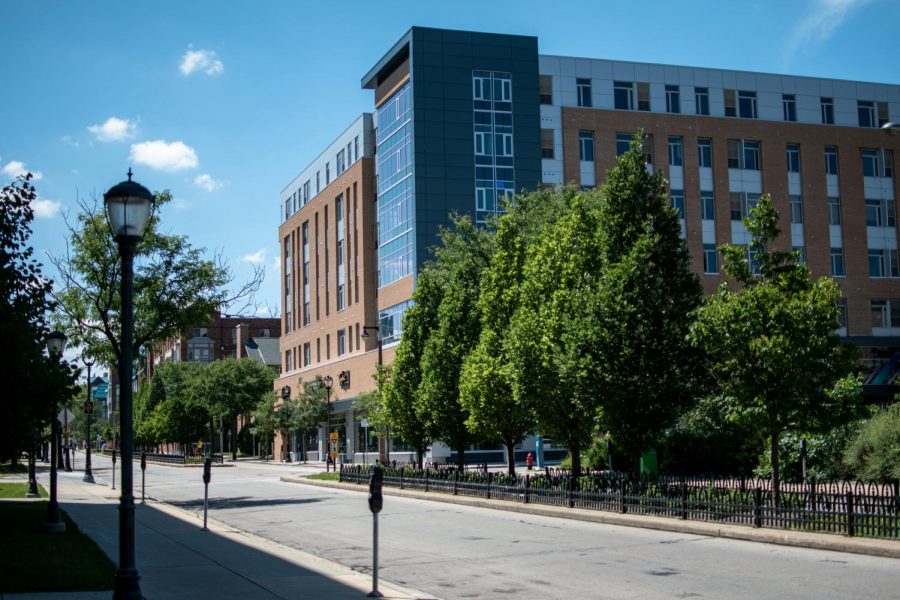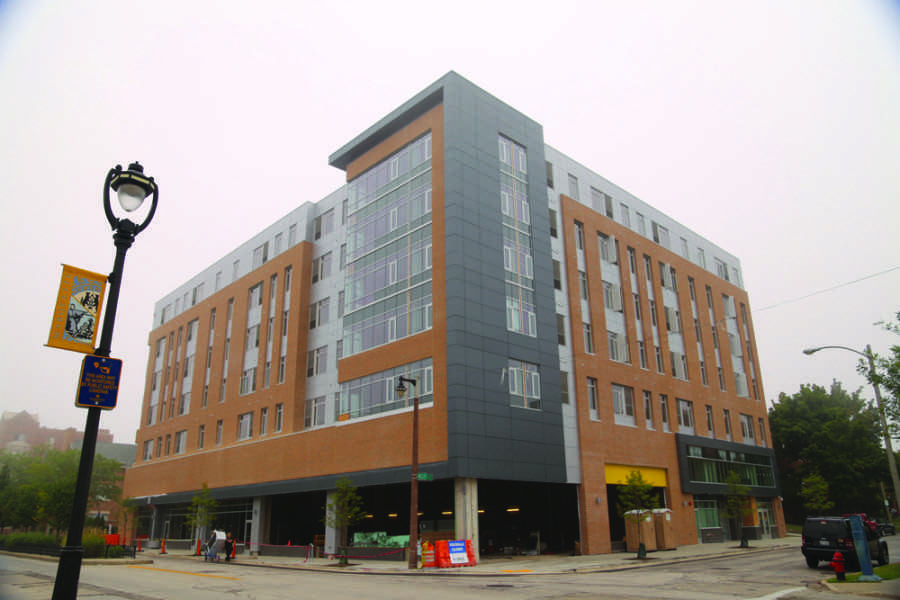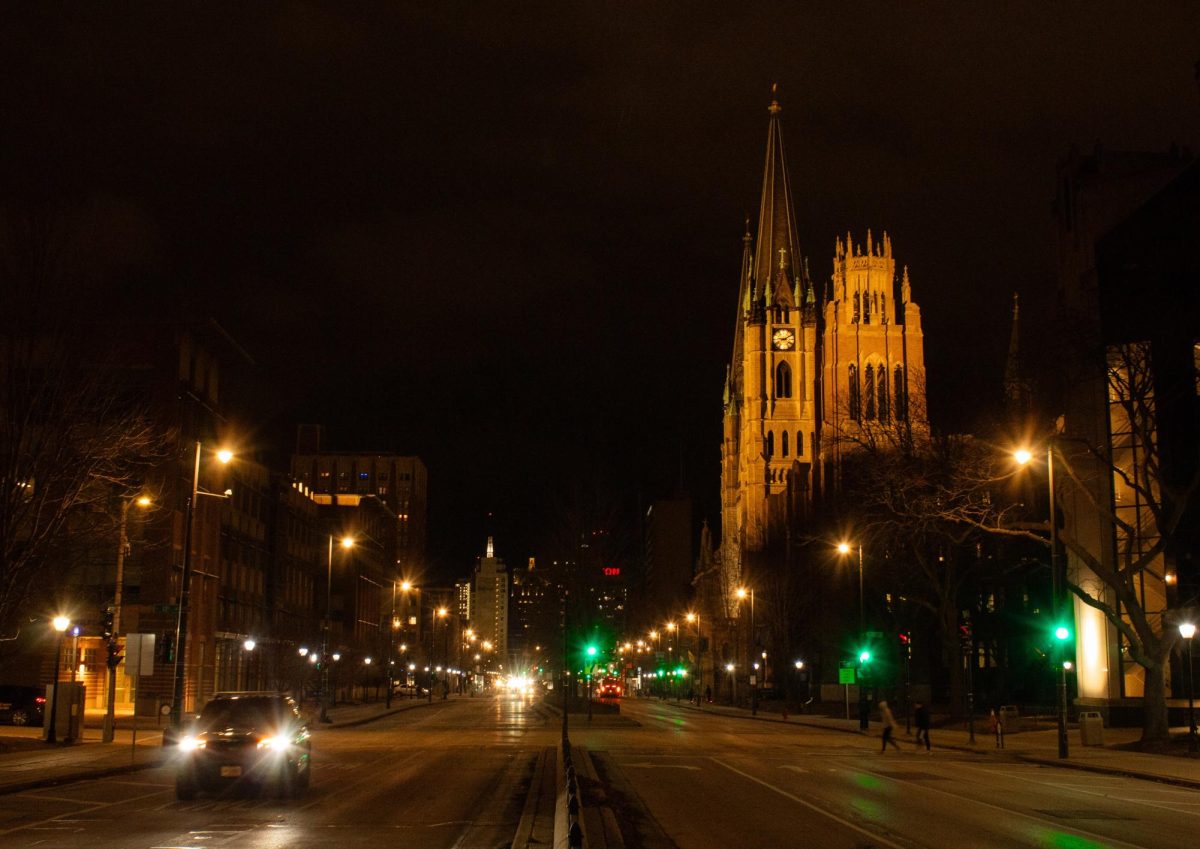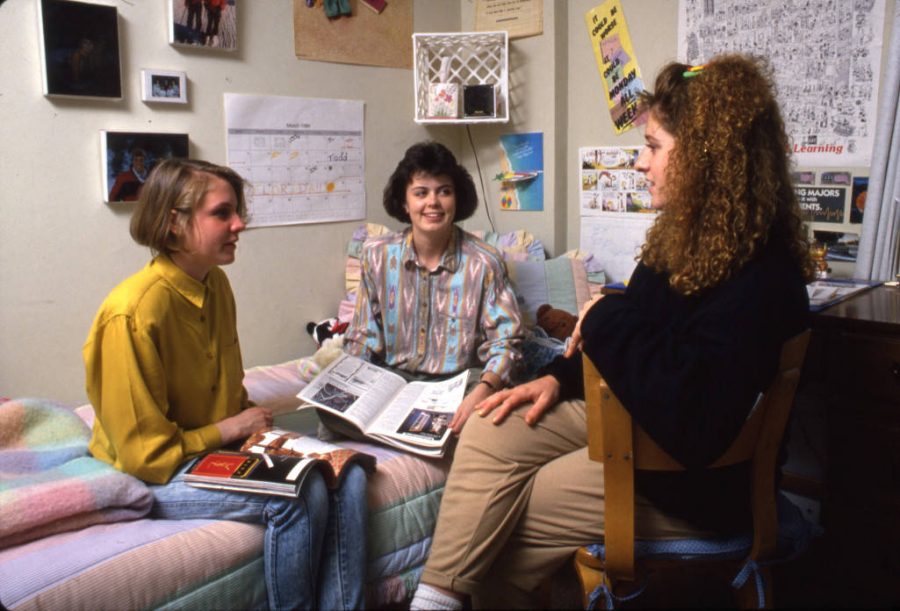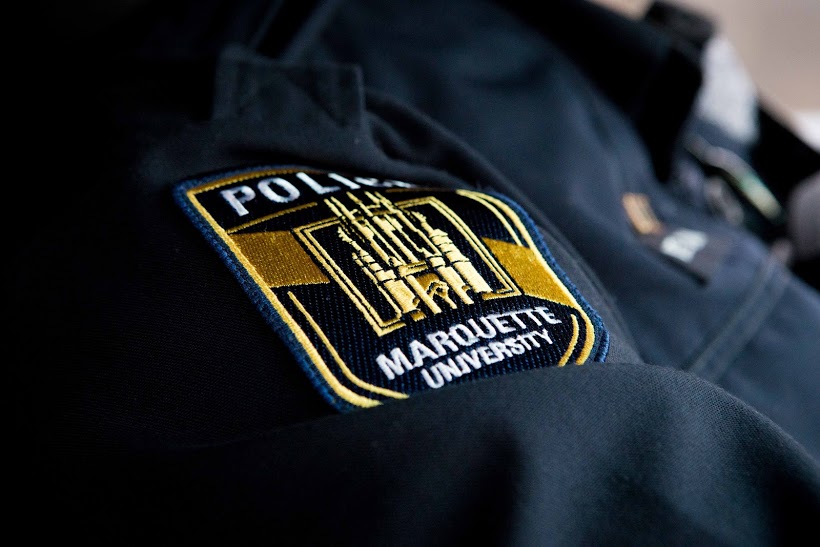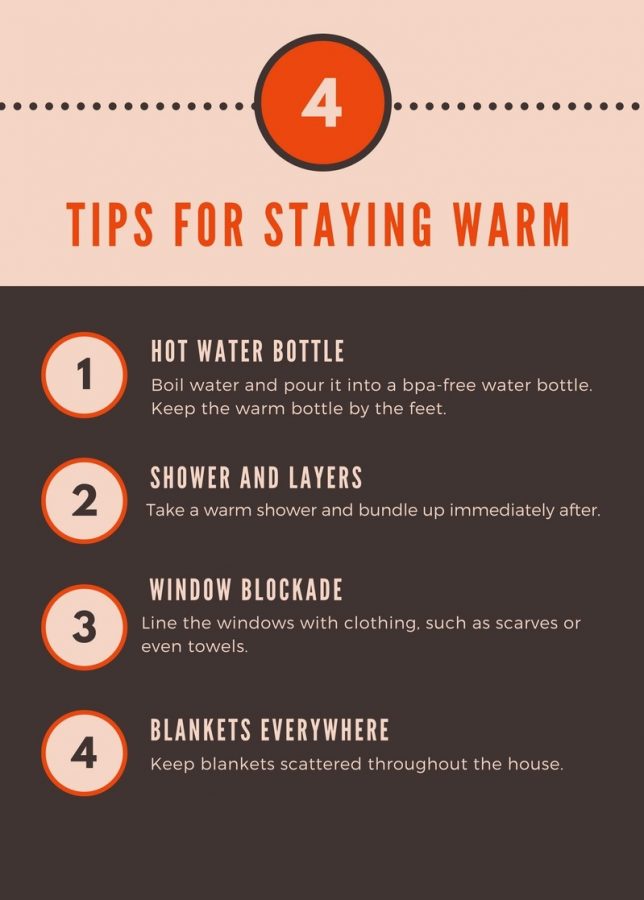“Eye to eye: Renters’ silence spawns issues” published today tells the alarming account of a recent alumnus who, after having his bathtub sink through the floor in his off-campus house, struggled with his landlord about his security deposit and additional fees.
Perhaps even more troubling is the fact that 13 other student renters who spoke to Wire reporters refused to go on the record when talking about their housing horror stories, fearing negative reactions from their landlords.
Testaments from the alumnus and landlords quoted in the story reveal a need for students living in off-campus houses and apartments to gain knowledge of their renters’ rights and communicate openly with landlords. But a lack of information and communication is not the only problem here, and the blame is not solely on students.
Oftentimes, landlords fail to maintain these old, run-down, off-campus properties, and first-time renting students, who prioritize affordability above all else, are vulnerable tenants.
To protect the rights of upperclassmen living off-campus and hold problem landlords accountable, the university should implement new programs to acknowledge the issues and take increased action.
An official university service that directly addresses problem landlords renting to Marquette students in the surrounding neighborhood is needed. The ideal program would keep tabs on the properties where students live, oversee lease agreements and intervene to provide legal counsel when necessary.
University-owned apartments like Campus Town are one option for upperclassmen, but only for a limited amount of students. Otherwise, upperclassmen live in privately owned apartments and houses in the surrounding blocks. The Office of Residence Life boasts “a landlord you can trust” as one of the benefits of renting a university-owned apartment, but this should not be a privilege guaranteed only to students lucky enough to be placed there.
In the small area walking distance from campus, there are only so many affordable living options. No matter how old, neglected and overpriced some of these properties are, there will always be student demand, so there’s little incentive for landlords to improve or maintain them. Stories of broken pipes, sinking floors, mice and poor heating are common complaints among student renters.
Like “Eye to eye” explains, Marquette’s Office of University Apartments & Off-campus Student Services offers a service that provides mediation between student tenants and their landlords, but few students take advantage of it. The office’s website also refers students to the Marquette Volunteer Legal Clinic or the Department of Consumer Protection to file a complaint.
Clearly, current approaches neither prevent problems from happening nor provide solutions when they do. An assertive, hands-on system that incentivizes good landlord behaviors and punishes bad ones would greatly improve the housing situations of thousands of students. As long as students require affordable housing in the blocks surrounding campus, many landlords will take advantage of them, and the university should be aggressive in acknowledging the reality of the situation.
Marquette is investing majorly in improving underclassmen student life with the new residence hall going up on Wells Street. As campus continues to grow and develop over the next several years, upperclassmen living a few blocks away should not be neglected.


